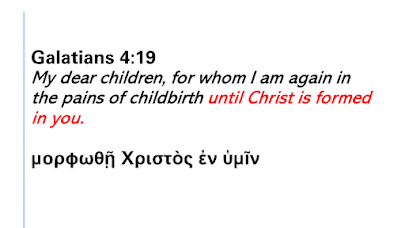In my Logic classes at MCCC one of the teachings was on the irrationality of subjective relativism and cultural relativism. This is a handout I gave students, to illustrate.
LOGIC: SELF-CONTRADICTORY STATEMENTS
My brother is an only child.
John is a bachelor and his wife’s name is Linda.
There is no such thing as truth.
1. There is no such thing as truth.
2. Therefore, premise 1 is not true.
All the statements I make are false.
1. All S are F.
2. Premise 1 is S.
3. Therefore, Premise 1 is F.
1. We cannot know truth.
2. Statement 1 is true.
All human behavior is determined.
1. All human behavior is determined.
2. Making statements is an example of human behavior.
3. Premise 1 is a statement.
4. Premise 1 is determined.
5. Therefore whoever believes Premise 1 is determined to believe Premise 1.
I only believe things that you can see, touch, hear, taste, or smell.
1. I only believe things that you can see, touch, hear, taste, or smell.
2. I believe statement 1.
3. Therefore, I believe something that cannot be
seen, touched, tasted, heard, or smelled.
There is no such thing as free will.
1. There is no such thing as free will.
2. Statement 1 was not freely chosen.
3. Any person who believes Statement 1 does not freely believe Statement 1, but was causally determined to believe Statement 1.
4. Therefore, there is no good reason to believe that Statement 1 is true.
*****
PERHAPS THE MOST FAMOUS 20TH-CENTURY
PHILOSOPHICAL EXAMPLE OF SELF-CONTRADICTION
IS "THE VERIFICATION PRINCIPLE."
The "verification principle." (VP)
1. A statement is true IFF (if and only if) it : a) can be empirically verified;
or b) is mathematical (tautological). (This is called the VP.)
2. The VP is a statement.
3. The VP itself can be neither a) empirically verified;
nor is it b) mathematical (tautological; redundant; definitional ).
4. There the VP is false (by its own criteria).
Philosopher Ludwig Wittgenstein wrote: "Most propositions and
questions which have been written about philosophical matters are not false, but
senseless. We cannot, therefore, answer questions of this kind at all, but only
state their senselessness. Most questions and propositions of the philosophers
result from the fact that we do not understand the logic of our language."
All truth is relative.
1. All truth is relative to individual knowing subjects.
2. Statement 1 is true.
3. Statement 1 is relative (and thus, by definition, is not
universally applicable).
4. Therefore Statement 1 is false.
Which is absurd.


































